RUAHA NATIONAL PARK
My first impression when I landed in Ruaha National Park in Southern Tanzania in March 2015 was … lush and cool. I had flown in from hot and dry Lake Natron. I was about to enjoy the ‘green’ season in Ruaha.
Ruaha National Park is the largest National Park in Tanzania. It is around 12,000 sq miles – larger than Serengeti National Park in Northern Tanzania. Though quite vast, large parts of this park are not easily accessible due to a heavy Tsetse fly population.
Impala Ladies
White headed Buffalo Weaver.
The good and bad of having Tsetse flies. The good is that is allows more land area for wildlife. The bad, we can’t enjoy spending time with wildlife without being bitten. As our guide Lorenzo from Kwihala Camp told us, there are so many part of the Ruaha that are lovely to explore, you don’t really miss going to those uncomfortable areas.
Although, Lorenzo’s secret fantasy is to find a potion that keeps TseTse flies away and then set up a lovely camp in that remote part of Ruaha.
Ruaha, even though larger than Serengeti has fewer lodges.
What does this mean for you visiting Ruaha? Fewer people on game drives. When we were here in the green season, we saw 1-2 cars the whole day. In the busier dry season, I am sure there would be more Safari vehicles enjoying this lovely park but you would still have a large area without bumping into too many vehicles.
Mdonya River.
The areas where the few lodges have set up in Ruaha are close to the three huge rivers that run through this large National Park – the Mwagusi, Great Ruaha and Mdonya River.
These three rivers and it’s tributaries are the life line during the dry season which is usually from June to October. During this time, the elephants come here, dig on the water-bed and bring up the water that was filled here during the wet green season. This act of kindness also helps the other animals who depend on the water ‘wells’ created.
Elephant herd. A few babies in the group.
Our guides Lorenzo and Leverd told us that coming here in the dry season means you are bound to see large herd buffalos coming for a drink to the river. We are talking thousands and thousands buffalos. Lions are also easier to spot because the grass around here is not too tall during that time. Apparently, you don’t have to go far from the river to spot most wildlife.
Elephant herds large and small, well thankfully they can be spotted during both dry and wet season.
During the wet green season, while is usually from November to May, the short and the long rains disperses the wildlife population as water is present everywhere, gets the grass tall [we are talking 3-6 ft. high depending on the area] and the bushes thick which makes spotting wildlife a much more adventurous sport. There are hundreds of lions in Ruaha and yet when we saw this lovely male lion, it was a huge treat.
Walking Safari
Sally, my client who joined me on Safari and I also did a walking Safari in Ruaha, a bit tricky to do in the green season. Lorenzo went to scout an area for us with more open plains. Well, that was not possible. Even though the area seemed ‘open’ there is long grass and bushes. This made for a hair-raising walk experience which Sally and I really enjoyed but you could tell Lorenzo and Chris, our ranger, were on high alert. You can not really see what is lurking behind the bush. A bit different than my Serengeti walking Safari where grass was not tall in most areas.
Giraffe under a large baobab tree.
Red-billed Ruaha Hornbill
There is also a good distance between the few lodges built within this large National Park so each lodge usually gets its ‘own river’ to enjoy. Sally and I stayed in Kwihala Camp, a Asilia property and ‘our’ river was the Mwagusi River.
Even though the wildlife spotted was fewer than what Lorenzo said we would spot during the dry season, the many many lovely butterflies and birds kept us busy and excited. Oh the lovely birds of Ruaha. From the local birds like the Red-billed Ruaha hornbill to the popular East African birds like the Lilac Breasted Roller to the birds that travel the distance – from Southern Africa and all the way to Europe. Just look up – or eye level – and get carried away with all the lovely birds.
Lilac Breasted Roller
For those of us who go on frequent Safaris, even the green ‘quiet’ season was special. Just to be out here, have the park to yourself and enjoy the ‘hunt’ of capturing a few wildlife, lots of birds, colorful flowers all the while enjoying the stunning landscape. This experience of my Ruaha Safari was refreshing.
Ruaha has captured my soul!










